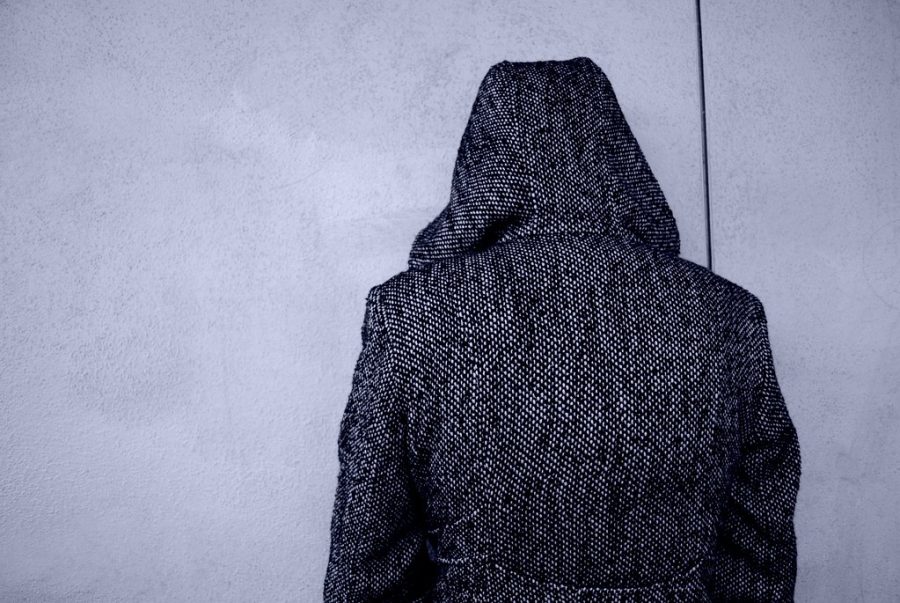Have you ever felt sad, stressed or tired more in a particular season? If you have, you are not alone.
Many college students around the world suffer from seasonal affective disorder (SAD), or what is commonly referred to as the “winter blues”. SAD is a seasonal depression type that typically occurs in the winter months. Around MSU’s campus, many students find themselves dealing with SAD as they struggle to get through the season, from battling with homework and dealing with elevated levels of stress, sadness and tiredness. (Fakorzi et al., 2020)
Due to the lack of sunlight exposure and vitamin D, your body’s internal clock – circadian rhythm – is disrupted, your melatonin levels increase and your serotonin levels lower, causing depression and SAD. Symptoms can include tiredness and increased sleep, a lack of involvement in activities, appetite changes and increased cravings for carbohydrates. (Crowe, 2023)
There are two types of SAD: the fall onset and the spring onset. Fall onset is the Fall-winter depression, with symptoms beginning around early fall and continuing throughout the winter months. Symptoms are lower in the spring months.
The spring onset is the spring-summer depression, with symptoms beginning around spring and continuing during summer. Symptoms lessen in the winter months. (John Hopkins Medicine, N.d)
Alisa Livadic, a junior Neuroscience major at MSU, shared her experience with SAD.
‘’It is harder to go outside now,” Livadic said. “It used to be easier when the weather was warm, and the sun was out – it was almost motivating. Now it is harder to get out of your warm bed in the cold weather. ‘’
Isabel Valdez, who is a junior Advertising and Management major, expressed a universality towards her experience.
‘’I think almost all students must have gone through SAD, including me, but I know
that it will go away in a few months,” Valdez said. “I always remind myself of this.’’
There are many ways to combat SAD, including spending more time outside, adjusting your workspace near a window to have more sunlight exposure and practicing self-care. In more extreme cases, don’t be afraid to seek help from mental healthcare professionals. These strategies will help you battle Seasonal Affective Disorder while continuing your academic life as a spartan. (Crowe, 2023)











